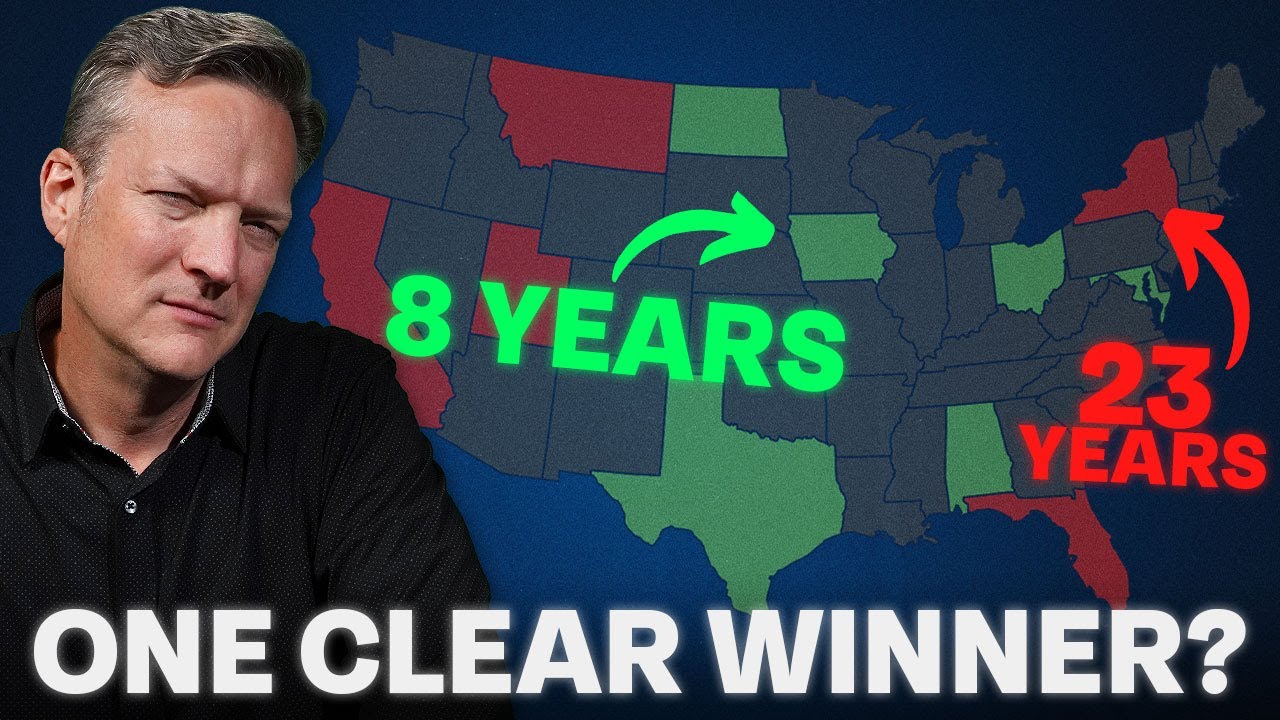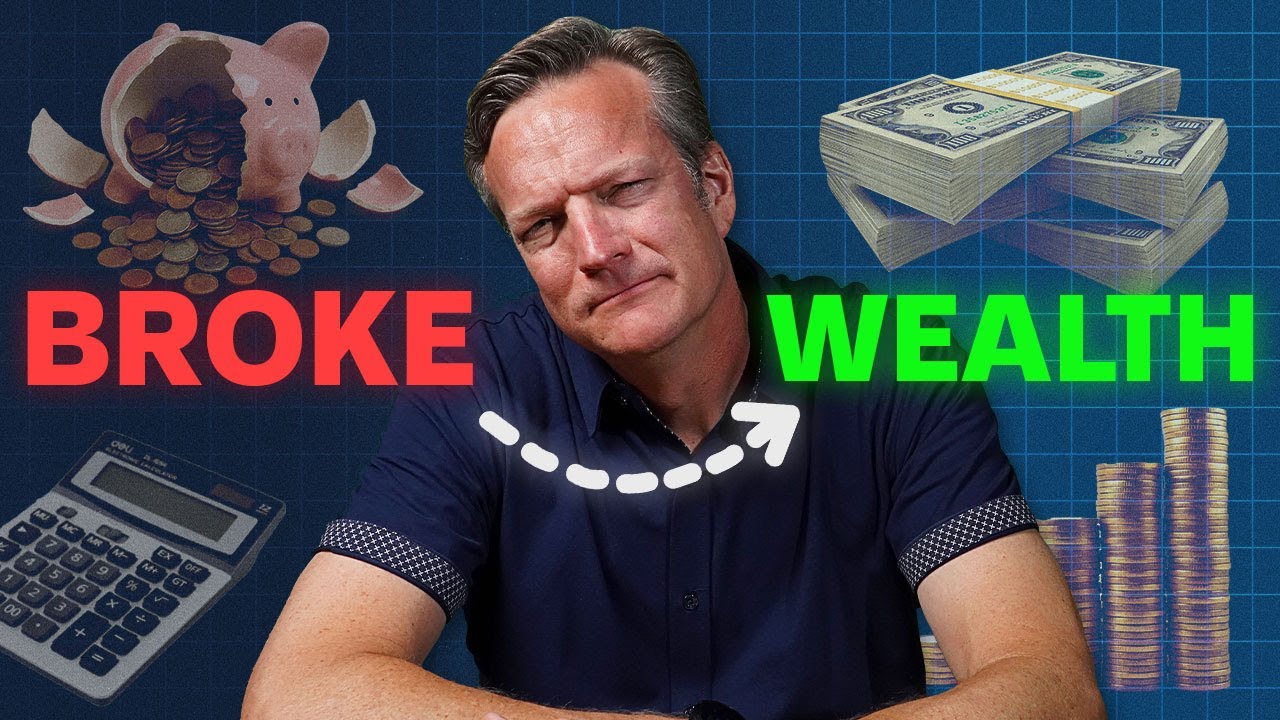We’re going to move forward to Do It Big’s question. He says, “Here’s a question. I am 32, already on steps seven and eight of the Financial Order of Operations. I have no house and just inherited $100,000. That’s incredible! So, that is equal to my retirement portfolio. Do I invest this money or do I use it as a down payment on a house? So, obviously, those are two big decisions. And I mean, the overarching question is just like, how should he handle this inheritance?”
Well, you know, it’s really interesting, Do It Big. Your question is, should I invest this money or should I use it for a down payment on a house? You’re not asking the right question, MH. The right question is, what are my goals? Is one of my goals to be a homeowner? You said, “I’m 32, I’m on step seven or eight, so I’m saving like a banshee, I’m doing all the things.” But maybe you’re someone who it makes sense. Maybe you’re someone who, in the geographic location you’re in right now, you don’t know that’s five to ten years. Or maybe you’re not married yet, and you think one day you might want to be married. Or maybe you don’t have children yet, and one day you think that you do want to have children. There are circumstances in your life that would substantiate renting for you, make sense. It’s something that you should be focused on right now, not homeownership. Well, if that’s the case, you certainly shouldn’t go buy a house simply because you had this windfall, simply because you had this inheritance. You need to make sure that the financial decisions you are making align with the goals that you have. And what’s great about your goals is that they are yours. Just because you’re 32 doesn’t mean that you have to own a house. Doesn’t mean that you have to go out and buy a piece of property. Doesn’t mean that that has to be your story if that’s not ultimately something that you place value on, somewhere that you want to be.
So, to answer the question of what should I do with it, step one, I would say, Brian, define what your actual goals are. Yeah, and I want to lean into because he wouldn’t have thrown buying a house on there unless that’s not bouncing around in his head, you think so? Because look, let’s use you as an example. You got bullied into your first house, to a degree, because you found out your wife was pregnant. And then everybody in the office at the time was like, “What are you doing? Go buy a house!” Well, second that was… but yeah, I got in the second house. That’s right, I should say your second home because you weren’t… but you were in an apartment at the time because you relocated to a different area. So, you’re right, technically, it was your second home. But you had gotten rid of the first house, so you were living in an apartment at the time. I think that Do It Big has the goal of a house. There’s nothing wrong with looking because you’re really asking two questions. On the kind of your prioritization and then how you can lay that into the Financial Order of Operations. Answer the question about the house first is, if this is a goal of yours now, Bo is right, the timing might be in your area might be horrible. And we have more stuff coming your way with some content so you can help analyze should you be renting versus buying. But even if the calculator says you should be renting, that means maybe in this moment in time, you should be renting. But that doesn’t mean in the next three to five years, we’re not going to have some course correction or reversion to the mean that you shouldn’t at least have the cash on the sidelines to make the purchase available to you.
So, that’s why I first answer the question, am I going to buy a house in the next 3 to 5 years? If the answer is yes, then let’s allocate what you think you need, put that in like a high-yield savings account, maximizing, getting as close to 5% as you can. And then let’s move to the second part of the question, which is, now that we’ve got the house goal at least accounted for, it doesn’t mean we’re going to take action today because the market’s not perfect for my decision. But you, at least, have the resources now set aside for you. Now, we can move to step two, which is, how does this fit into the remainder? How does this fit into the Financial Order of Operations? And if you still, because you said you gave us some breadcrumbs, you’re in Step seven, you got this money that came your way. So, it sounds like you’ve either maxed out your retirement accounts already or your income’s low enough that you hit 25% without maxing it out.
I’m going to tell you, once you figure out, you know what, if let’s just… I’m going to make up a number, I don’t know what your number is going to be on what you need for the house, but let’s just say $50,000 was left over at the end of the day because you kept 50 for a down payment or whatever you needed. That 50, you might want to come back and look at step six to see if your income was low enough that you still had some meat on the bone for $22,500. You could come back to load up the retirement accounts by having more of your current income load up those accounts because you have more resources to live off of to kind of trade this for that to be more tax-advantage with it. If you find that you’re going to open… Because step seven is when you start thinking about the three-bucket strategy, where you want to have not only tax-deferred, which is your employer match, but also tax-free, like your Roth assets. But this is when you could open an after-tax brokerage account. You might want to put that money to work. So then, the next question is going to be, do I put all together at once or do I dollar-cost average it? Well, we just did a show on that, and we actually have a great brand new resource on this. You will compare it to your total investable net worth and what you have out there. And if this is like a large percentage of it, if it’s like 50-60%, because you already said the 100 is about what you already have in investable assets, then you might want to spread that investment out over five months, you know, spread… Or if it’s now because the house down payment only, you know, a blip to your total net worth, then just put it to work within the Financial Order of Operations and live your best life. I love it. That’s great. For more information, check out our free resources.















